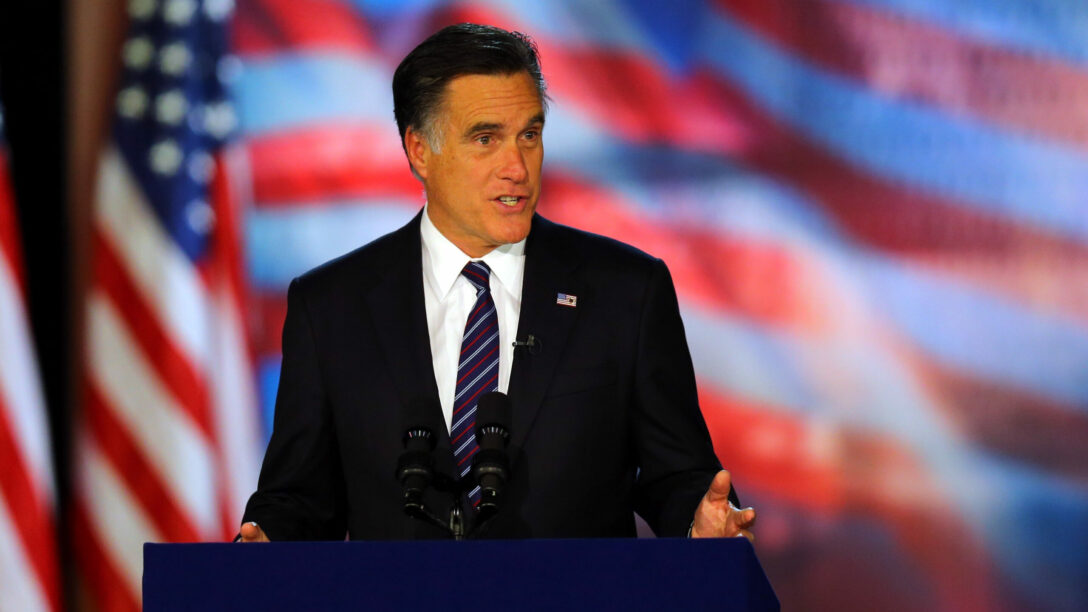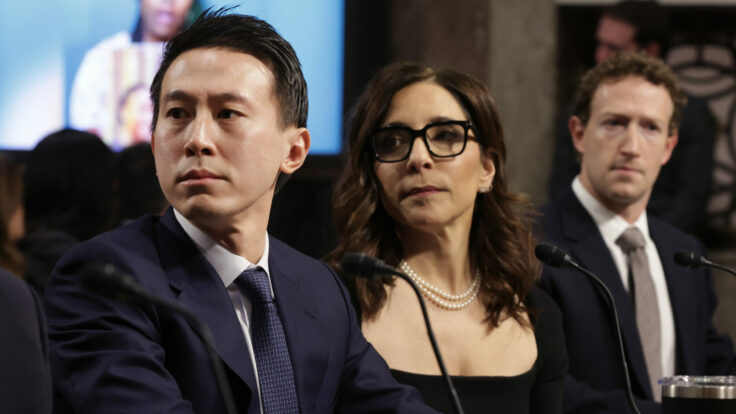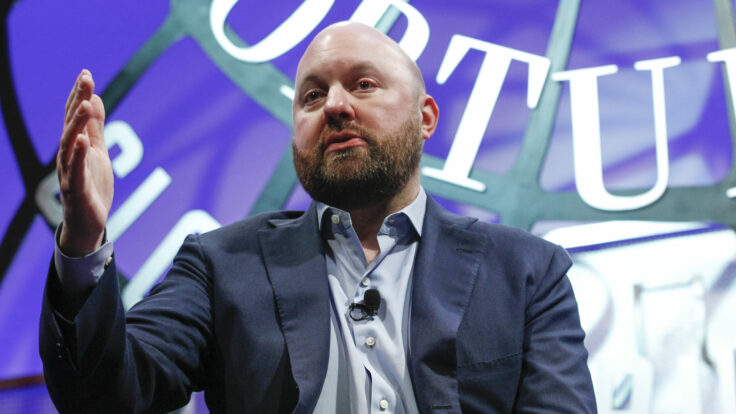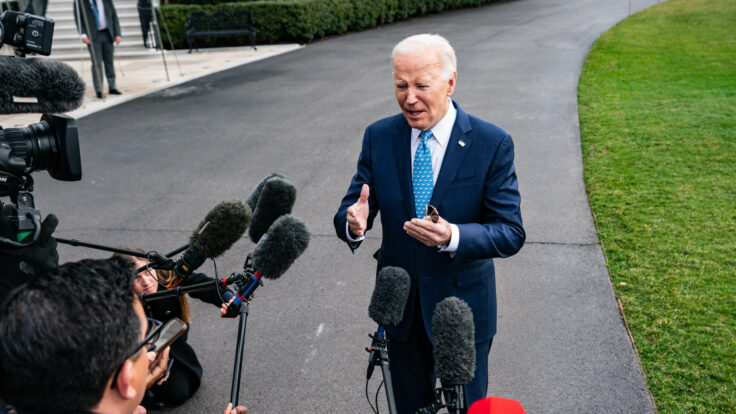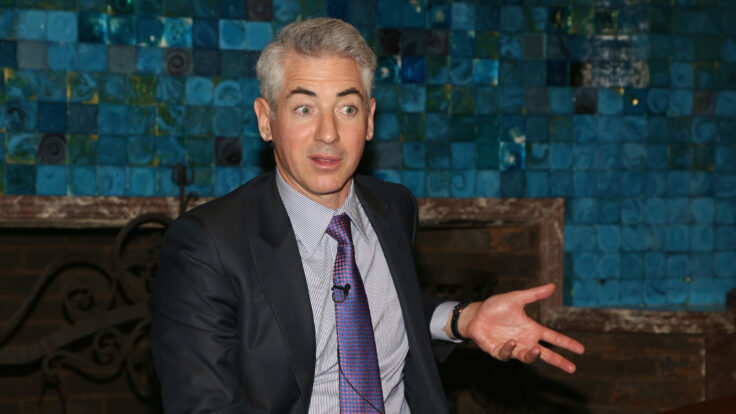Back in 2013, my Puck partner Peter Hamby published a seminal study for Harvard’s Shorenstein Center that posited, in short, that social media had killed the “boys on the bus”—shorthand for the sort of old-school, ink-stained pack journalism as documented in Timothy Crouse’s seminal book of the same name. At the time, the media industry in general, and the legacy press corps in particular, was only beginning to grapple with the fallout of the 2012 election—the first presidential race in which Twitter wasn’t just a factor, but a virtual protagonist, itself.
I was just getting started in media at the time, and I remember reading Did Twitter Kill the Boys on the Bus? on an iPad in a bookstore in Houston, where I was beginning my career at the Houston Chronicle, before Peter and I first overlapped at CNN. And it still is, in many ways, an extraordinary prognosis of all the ways that social media would warp American politics, both on the campaign trail and in our living rooms. This past week I reached out to Peter, now my partner at Puck, to discuss what has and hasn’t changed in the decade since.
